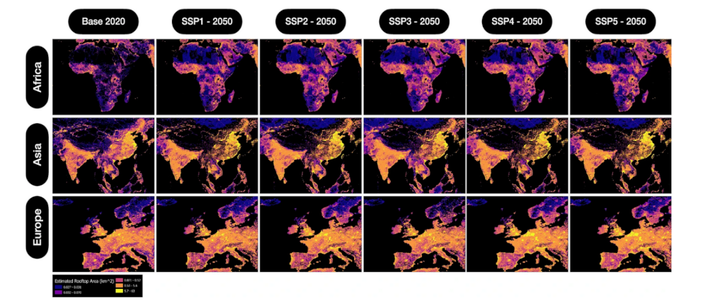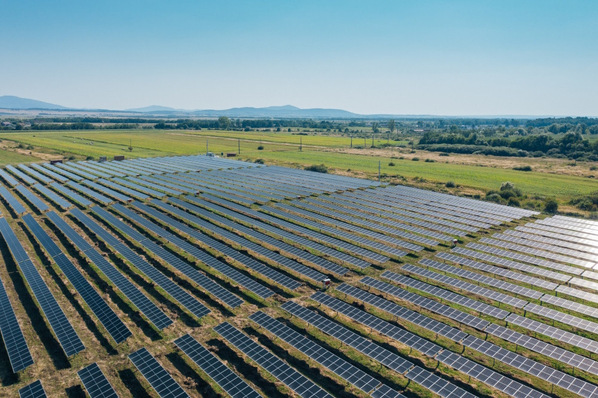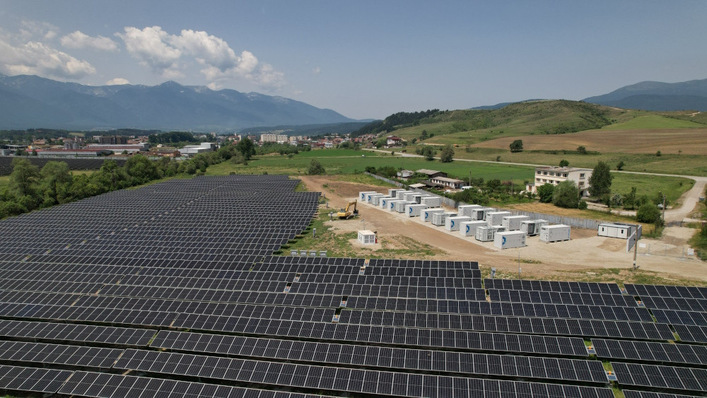More than half of the total primary energy supply in the Philippines comes from fossil fuels. 40 percent stems from coal, most of which has to be imported. The island nation wants to increase its use of local and diverse energy sources, especially to accommodate for its growing population and economy: by 2030, annual electricity consumption will have increased to 145.1 TWh – at the moment it is at 82.5 TWh. Moreover, the use of domestic energy sources is planned to decrease the price for electricity. With current costs of 0.12 Euro per kWh it is the fourth-highest electricity price in Asia after Japan, Singapore and Hong Kong.
In terms of climate policy, however, these actions are contradictory. Plans by the Department of Energy call for domestic coal production to increase more than tenfold over the next twenty years. At the same time a third of the energy should be produced from renewable sources by 2030 and half by 2040. Currently, renewable energies account for just over 20% of the total energy mix.
One part of the measures are the “Guidelines on Energy Conserving Design of Building" which the Philippine government issued to promote the energy-saving design of buildings and reduce energy consumption.
Difficult financing in the C & I Market
By installing PV systems, companies can meet these guidelines as they reduce their electricity consumption from the grid and thus their CO2 emissions. At the same time, however, they are encountering difficulties in financing prosumer systems in many developing countries. There are often no loans with attractive conditions from local banks that could enable companies to make such investments, and the equity is invested in the companies’ core business.
Ecoligo fills this gap by raising money on its investment platform to finance solar systems in emerging markets. The solar projects are located on buildings or land owned by commercial and industrial customers who, as a result, can use more affordable solar power. The financing model is similar to that of real estate. Whereas there it is rent payments that repay the loans taken out, with ecoligo it is the companies’ electricity price payments. This way the companies finance the solar systems including maintenance and operating costs and simultaneously cover the interest and redemption payments to the investors. After the loans expire, companies refinance the remaining amount – either again through renewed investment rounds or other capital providers, similar to follow-up financing for buildings.
Expansion into growing markets
For Ecoligo, the Philippines were a logical next step in its regional expansion in Southeast Asia. After more than 50 projects in Vietnam, the company has been approached by general contractors in the Philippines to export its business model. There now is the opportunity to enter a market that is still in its infancy. And it is well developed compared to other markets in the region, such as Myanmar or Cambodia, when it comes to logistics, supply chains and qualified local partners for engineering, procurement and construction.

Ecoligo
The first project in the Philippines is a 151 kWp rooftop system for CCSO Tolling, a processing plant for poultry and fish products on the island of Luzon. 277 solar modules by Jinkosolar and four power inverters by Growatt New Energy supply the company with solar power by day. During nighttime operations or on cloudy days, the state utility's power grid provides the electricity needed. Energy Lite from Singapore acts as general contractor for the project and is responsible for technical planning and implementation, as well as local maintenance.
Also interesting: Philippines’ largest pure electric fleet
Additionally, another rooftop system for Folife, a manufacturer of PPE bottles and water containers in the Pampanga region, is also being developed in cooperation with Energy Lite. The system will supplement the power supply from the public grid and has a total capacity of 454 kWp, with 840 solar modules from Jinkosolar and 11 power inverters from Growatt New Energy.
Private investments enable low electricity prices
Altogether, Ecoligo is planning projects with a total capacity of 42.6 MW in the Philippines, all financed by private investors. Without these investments, many companies in emerging markets would not be able to switch to a sustainable energy supply and push the energy transition in their countries. The plants generate electricity which is cheaper than electricity from the grid.
Therefore Ecoligo and its customers do not need feed-in tariffs to profitably implement solar projects: For companies, electricity costs make up a very high proportion of total costs with up to 60 percent. Labor costs are less significant than in industrialized countries. So solar power from your own plant reduces these costs significantly. In the Philippines, Ecoligo is able to offer electricity at prices that save the customer between 15 and 25 percent compared to grid electricity. (Martin Baart/hcn)
Did you miss that? Ecoligo realises first solar project in Côte d'Ivoire







